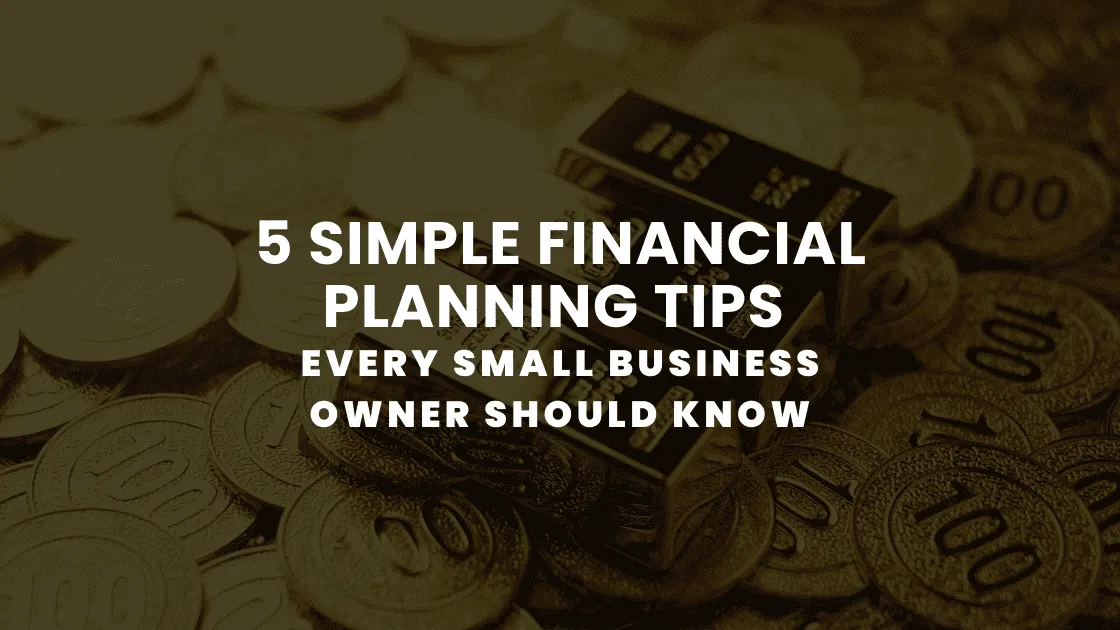December 10 2021 | By Farwah Jafri | 7 minutes Read

Are you looking for ideas and insights to unlock the true potential of your startup? Perhaps you are searching for ways to streamline your business operations and processes, but don’t know where to start?
All startups are born out of a single bright idea that inspires the entrepreneur to make it a reality. But regardless of how great these ideas are, if a startup is not able to sell its product or service to its target market, it will not be able to sustain itself. The same applies to your idea and startup, which needs a holistic framework to define the scope of your business and its standing within the industry it is going to be a part of.
Planning, selecting, and establishing a model for your startup can be the first critical step towards organizing your entire business, and setting it firmly on the path to success.
We get it, finding out how to make a business model for a startup is crucial but challenging, and if this is your first startup, you might just be feeling overwhelmed too. Here’s a quick guide on choosing a business model for your startup, to help you find the right fit for your company.
In the simplest word, a business model can be defined as a strategy for running a business. It dictates how a company will generate value for its customers and stakeholders, taking into consideration many essential factors such as identifying your target customers and market segments, their problems, and ways to most effectively deal with these problems. Your business model needs to tie in well with the consumer pain points your startup is most directly relieving, and do it better than your competitors.
To maximize your income, you need to know how to make a business model that works particularly well for your business type:
Many new startup founders tend to confuse a business model with a revenue model when deciding on their business. There are some major differences between a business model and a revenue model, and these must be noted when selecting a business model for your venture.
A revenue model is a strategy a business employs to manage its revenue streams (its primary sources of income) and the resources it uses to maintain each of its revenue streams. On the other hand, a business model is a structure comprising all aspects of a business or startup and directly controls the revenue model and revenue stream, thus, dictating how everything works in tandem to maximize efficiency and profitability.
Even though these differences might not seem significant, they play a huge role in the way your business functions and must be considered when deciding how to make a business model for your startup.
Before you turn your bright idea into a thriving business and start earning, there are a few questions you need to answer to have a better understanding of what to consider when making a business model for your startup.
Here are some factors you will need to take into account before adopting a suitable business model:
1. Your customers and target market: You might think your product or service is viable, but that might not necessarily be the case. Do your research and ask around to check if there is a need for your product or service in the marketplace before investing in a business model;
2. Your competition: Look into how many competitors you have, how their business is faring, and what business models they are using. A deeper understanding of your competition will also help you avoid entering an oversaturated market, thus, pointing out whether you need to set up your business in another location or rethink your main ideas and strategies.
3. Potential customers: Let’s face it, the reason you’re thinking about how to adopt a business model for your startup is that you wish to attract as many customers as you possibly can and increase profits. Again, it’s best to undertake in-depth research at this point and use it to find out who will buy your products or services, and then use these insights to arrive at a business model best suited to your needs.
4. Revenue streams and models: Your business model will play a significant role in fuelling your revenue model, which is also responsible for your revenue streams. It is important to choose a business model for your startup that combines and realizes the full potential of your revenue model, revenue streams, and the business model itself to maximize income while using the same amount of, or less, resources.
Now that you have done your research, considered all the factors that you needed to, it is time you took your startup to the next level. The only question left unanswered is what business model to make your own. Several dynamics come into play when setting up a business model, and it is important to consider all your options.
A marketplace business model connects two or more businesses, one of which primarily serves the market as a seller of products or services, while the other plays the role of the customer. A marketplace simply ties two different parties together, instead of selling products of the business directly to any customers.
This tech startup business plan is one of the most common, but most demanding of all business models as you need to attract not one but two parties to earn money and sustain business relationships. Your marketing strategy needs to be impeccable for these kinds of business models, as you need to appeal to many different individuals or organizations to interact successfully with the entire network. Examples of such startup business models include Upwork and Fiverr, two popular platforms that connect freelancers with job providers, and also Amazon that connects the buyers to the sellers of different commodities.
Often confused with the marketplace business model, this tech startup business model is significantly different from the marketplace model. A marketplace only connects buyers and sellers or service providers, whereas an on-demand business owns products it sells or directly provides the services it claims to offer.
A lot more upfront investment is required in this model, but the profits are much greater than those earned from the marketplace model since you do not have to pay a premium to any other service providers or sellers. On-demand business plans also require lesser marketing since they need to connect to only one party, instead of two or more to complete the business cycle. Examples of on-demand services include WeWork, which owns the properties they offer for rent or lease.
This tech startup business plan is all about improving product or service value based on the combined efforts of a crowd. Crowdsourcing businesses profit heavily from the network effect of offering their services. As the model mostly involves operating the business online, the operating costs and overheads are kept to a minimum, while the owners can reach millions of people through a single platform.
Every individual participating and using the platform promotes the service and invites others to join as well, making it easier and very cheap for startups to market and promote their offerings. Examples of businesses following the crowdsourcing model are Wikipedia, Facebook, Instagram, Twitter, and similar social media platforms.
In an aggregator model, a startup monitors the availability of goods or services of a particular type in a certain physical location and then offers their services under their name. Examples of aggregators include tools such as Uber and Airbnb, where a collection of individual drivers and property-owners work under the umbrella of a single brand.
The aggregator model is a mix of the marketplace business model and traditional service business. Although you don’t provide services yourself, you can be held accountable for poor quality, mismanagement, and misconduct by those at the front line. Vetting the service providers is, hence, an important responsibility of the business owners to ensure this tech startup business plan works effectively.
At Monily, our experienced business consultants offer exceptional guidance and support to startups in terms of end-to-end business planning, outsourced accounting services, and other bespoke financial management solutions. What makes us great is our fast-paced environment, a tightly-knit team of experts, and our combined industry knowledge that allows us to be major players in the nation’s startup ecosystem.
See Also: 5 Decisions That Will Increase Your Chances Of Building a Successful Startup
If you are looking to define or reinvent your business model tailored specifically to your business needs, then let our accredited consultants add value to your bright ideas and deliver on your business plans.
Subscribe for business tips, tax updates, financial fundamentals and more.
MORE BLOGS

Running a small business is not just about sales, marketing, or growth ideas. Behind every successful business is a clear money plan that supports daily decisions […]
Learn More →
Starting a business is an exciting journey, but let’s be real—understanding the legal stuff can feel like trying to read an ancient scroll written in a […]
Learn More →
So, you’ve been running your business as a sole proprietor, and now you’re thinking about leveling up by switching to an LLC? Smart move! An LLC […]
Learn More →